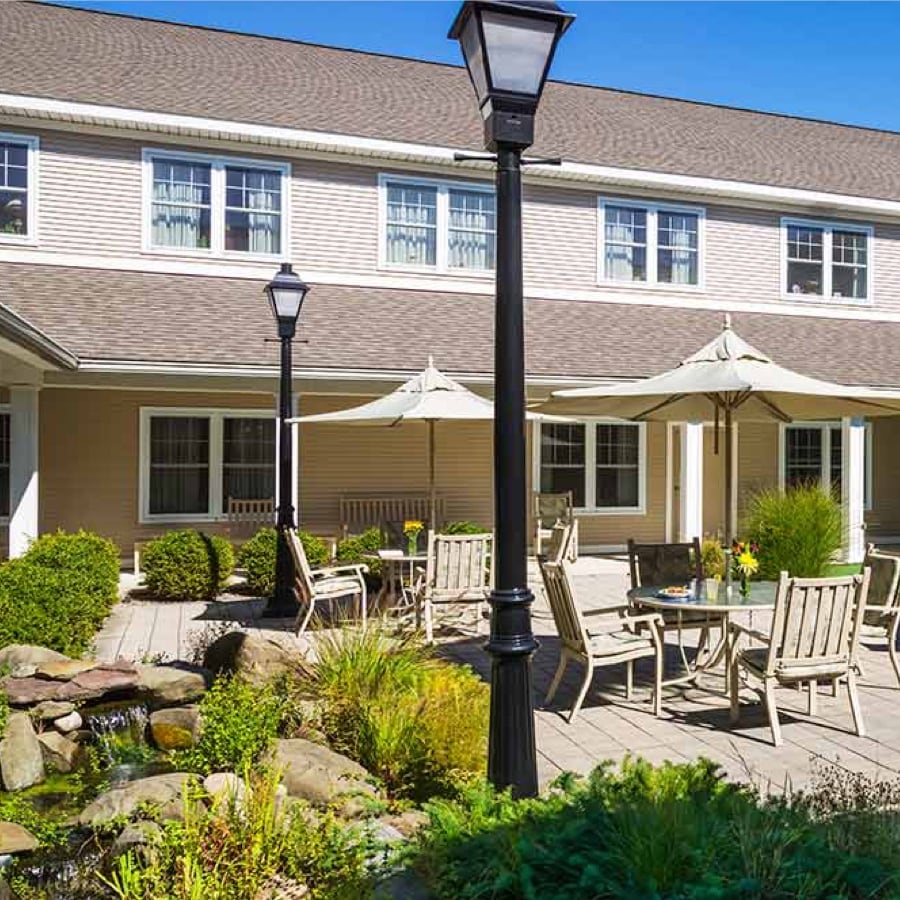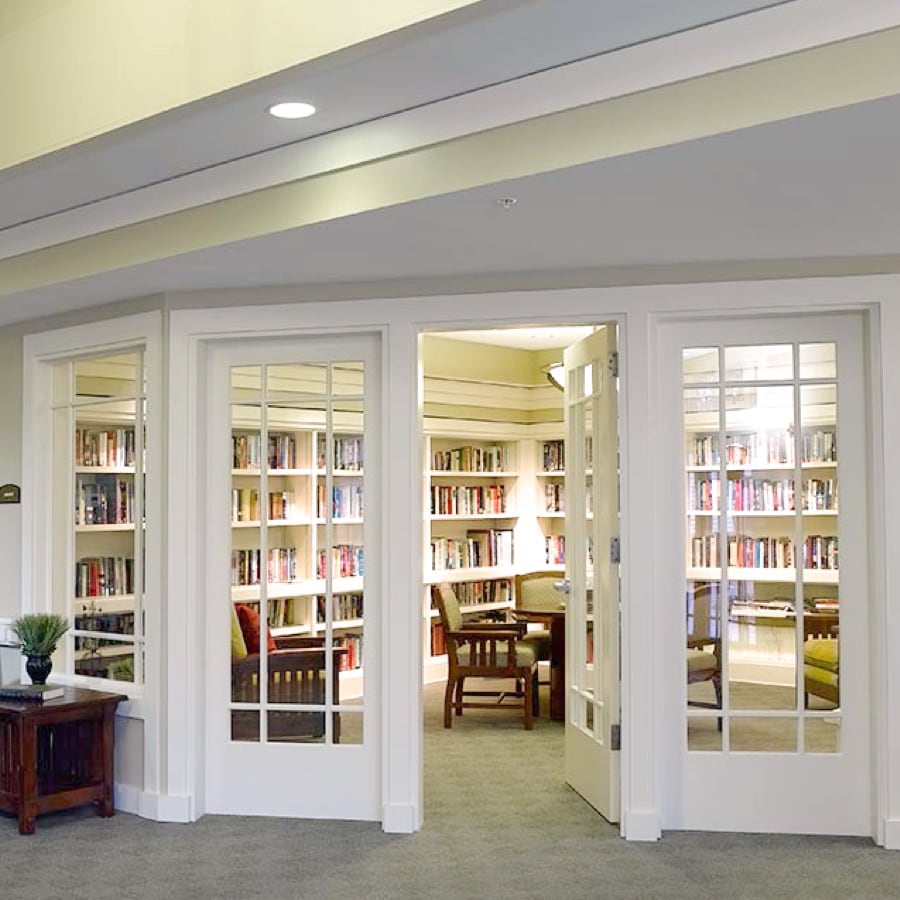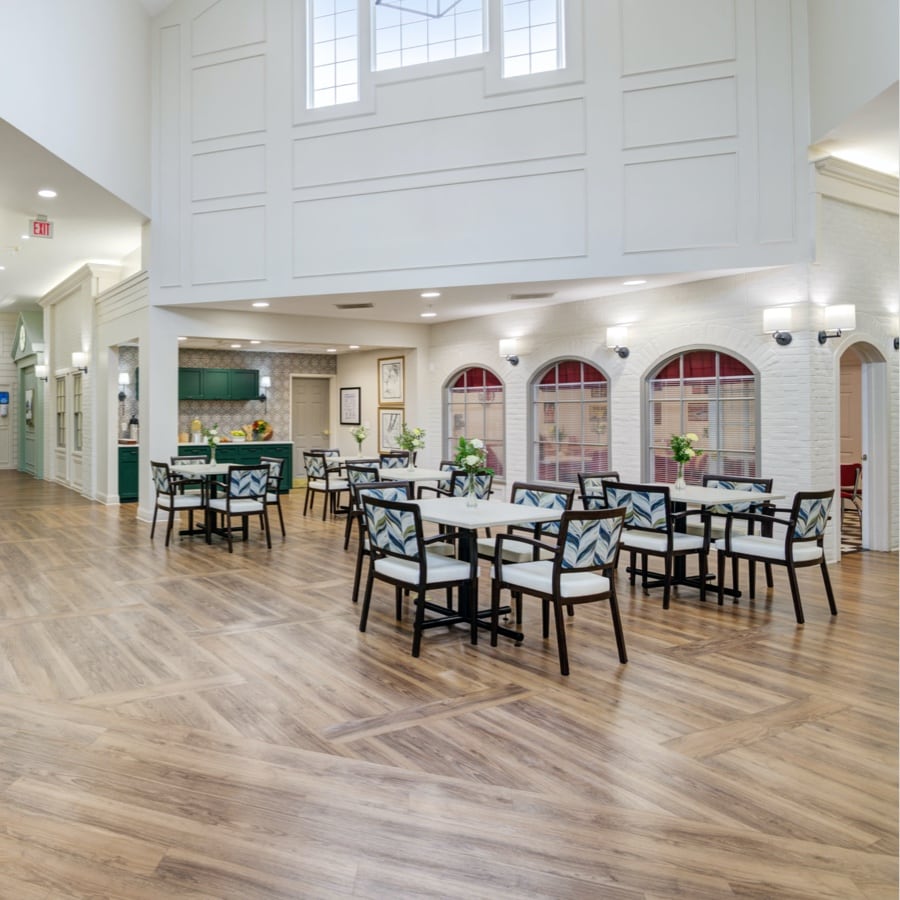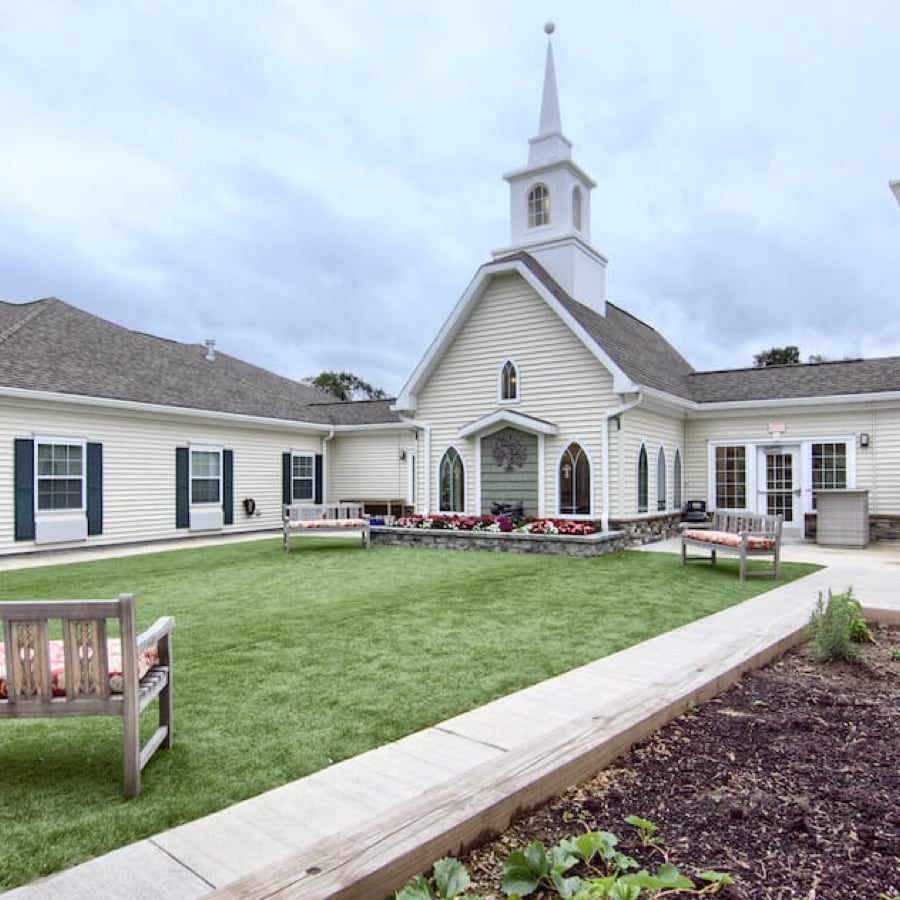You already know the countless health benefits of proper nutrition and exercise. But did you know that exercise has cognitive benefits as well? Several recent studies have shown a direct correlation between exercise and Alzheimer’s prevention.
It’s important to understand that memory loss is not always a normal part of the aging process. By maintaining proper physical health and nutrition, it may be possible to prevent age-related memory loss and maintain vitality as you age.
It is becoming so widely accepted that lifestyle changes can help prevent Alzheimer’s disease that the World Health Organization recommends seniors over the age of 65 get 150 minutes of moderate exercise per week. Not only can this help fight dementia, but it can also improve overall wellness.
5 Benefits of Exercise for Mental Health
When it comes to the overall benefits of exercise for mental health, it’s a no-brainer. Not only does an effective workout routine help prevent dementia and Alzheimer’s, but it can also help slow the progression of the disease. Not to mention, according to the Alzheimer’s Research and Prevention Foundation, regular physical exercise can actually reduce your risk of developing Alzheimer’s by up to 50%. Exercise can essentially cut your risk in half.
And that’s not to mention the variety of other benefits associated with exercise as you age. Exercise also provides these benefits:
- Increased mood and overall behavior
- Better sleep patterns
- Reduced risk of falls or accidents
- Reduced rate of disease-related mental decline
- Improved memory and communication skills
Anything that gets your heart moving and your blood pumping is going to help workout your brain and improve your overall health. Just remember to aim for at least 150 minutes of moderate exercise or 60 minutes of high-intensity exercise.
Aerobic Activities for Alzheimer’s Patients and Prevention
In general, aerobic exercise is considered the best type of activity to keep Alzheimer’s at bay and to ensure peak cognitive function. Regular aerobic exercise has been shown to keep thinking, learning and reasoning skills sharp, while also helping to improve memory, reasoning and judgment.
How does it work? Aerobic activities help get your blood pumping, providing the brain with valuable chemicals that help to counter the natural aging process and improve mental health.
Some of the best aerobic exercises for seniors include:
- Speed walking
- Jogging
- Dancing
- Swimming
- Tennis
- Bike riding
- Elliptical machine
Along with aerobic exercise, it’s important to keep the body strong. While the focus should be heavily on these cardio exercises, it’s also a good idea to incorporate some strength training to fend off osteoporosis and loss of muscle mass.
Before starting an exercise routine, be sure to talk with your doctor. Pay attention to your limitations and only push your body in a way that feels healthy and comfortable. Any exercise is better than no exercise. The goal is to just make sure you are staying as active as possible.
Maintain an Active Lifestyle at Peregrine Senior Living
Whether you are looking to prevent Alzheimer’s disease or looking for ways to manage a recent diagnosis, Peregrine Senior Living is here to help. Our exceptional memory care programming is designed to encourage residents to search for validation, fulfillment and purpose. Take a few minutes to learn more about The Peregrine Way™ and to contact us to schedule a tour of one of our communities.











